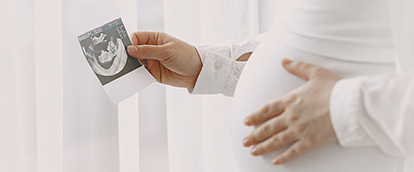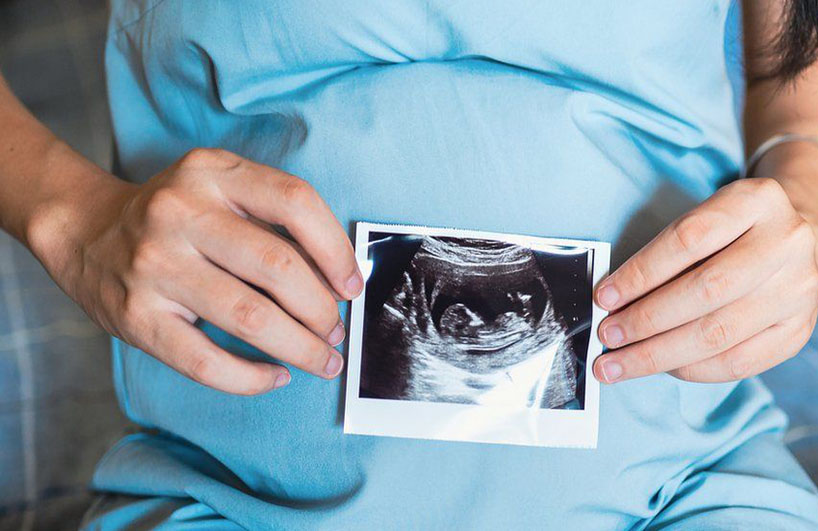


Miscarriage is a serious and devastating situation for any to-be mother. It is a term used to refer to a pregnancy that ends on its own. Miscarriage generally happens within the first 20 weeks of gestation. This is a serious loss for the pregnant woman and makes her go through emotional hardships. Miscarriage is a potential complication and must be prevented at all costs. At ARC, the removed addedprofessionals understand how devastating a miscarriage can be and so it would give proper care to the pregnant women to make sure that such a situation never arises.
According to surveys, miscarriage is known as the most common type of pregnancy loss. It has been found that about 10% - 25% of all pregnancies end up in miscarriage. Most miscarriages occur within the first 13 weeks of pregnancy, where it is lost shortly after implantation. A miscarriage results in heavy bleeding and the loss of the foetus. Pregnancy can be an exciting time, but since there is a great number of miscarriages, being informed about it is beneficial. There might be many confusing moments during a miscarriage, owing to the different types.
The most common cause of a miscarriage is a chromosomal abnormality, meaning that the baby's chromosomes might have some defects. The other causes of miscarriage include Hormonal problems like infections and the health of the mother Lifestyle of the parent’s Improper implantation of the egg into the uterine lining The age of the mother and trauma There are some misconceptions about miscarriage that it might be caused by sex, working in an outside environment and a moderate exercise. All these do not have any connection with the miscarriage of the baby.
The chances of miscarriage are about 10% - 25% on an average, but increases with the maternal age. While women below 35 have a maximum of 15% chance of miscarriage, those up to the age of 45, can have about 20% - 35% chances of miscarriage. Women above 45 years of age can have a 50% chance of miscarriage. Also, those women who have had a previous miscarriage are also more prone to a second miscarriage.
There are several signs that warn you of the upcoming danger. You should get proper medical attention as soon as anything like the following happens: Back pain, anything from mild to severe Loss of weight Pinkish white mucus Contractions every 5 to 20 minutes Bleeding brown or bright red with or without cramps Tissue with clot passing out of the vagina Decrease in signs of pregnancy
Let us now look at the various types of miscarriage.
There are several treatments after a miscarriage, but none to stop it as most are a cause of the chromosomal abnormality. However, staying healthy is an option. Eating healthy, regular exercises, stress management, avoiding smoking and maintaining proper body weight can go a long way. The personnel at ARC can give a lot of helpful advice on the matter and even treat miscarriages.
First-Time-Visit